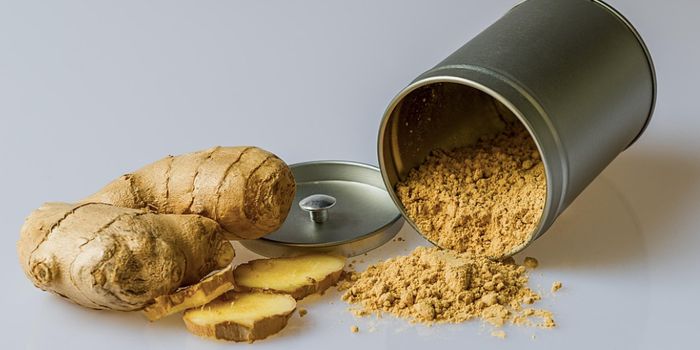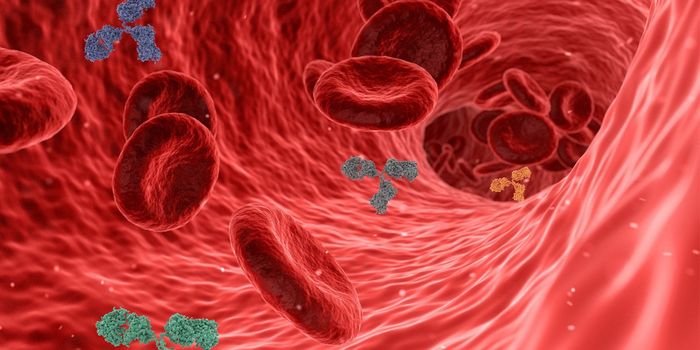Compound Found in Wine May Treat Anxiety
A study published in the journal Neuropharmacology claims that a compound found in red wine could be used as therapeutic for treating anxiety and depression disorders. The compound, called resveratrol, was seen too be involved in anti-stress effects by blocking the expression of an enzyme implicate din stress control of the brain. The study brings new light to how resveratrol is implicated in neurological processes and lays the ground work for future novel antidepressants that re safe and effective.
"Resveratrol may be an effective alternative to drugs for treating patients suffering from depression and anxiety disorders," says Ying Xu, MD, PhD, co-lead author and research associate professor in the UB School of Pharmacy and Pharmaceutical Sciences.
Resveratrol is plant-based and found in the skin and seeds of grapes and berries. Resveratrol has been known to be linked to multiple health benefits including neuroprotection. Recently, research has identified resveratrol’s main mechanism of action by targeting an enzyme known as phosphodiesterase 4 (PDE4)—which is influenced by the stress hormone corticosterone that regulates stress levels. When resveratrol targets PDE4 through inhibiting its actions, it brings antidepressant effects.
“These unknown physiological relationships make drug therapy complex. Current antidepressants instead focus on serotonin or noradrenaline function in the brain, but only one-third of patients with depression enter full remission in response to these medications,” says Xu.
Corticosterone induces excessive amounts of PDE4 in stressed mice and results in depression and anxiety-like behavior. PDE4 is known to reduce cyclic adenosine monophosphate -- a messenger molecule involved in signaling cellular physiological changes such as cell division, change, migration and death. These changes lead to physical alterations in the brain that such disorders begin to develop.
Source: Science Daily










